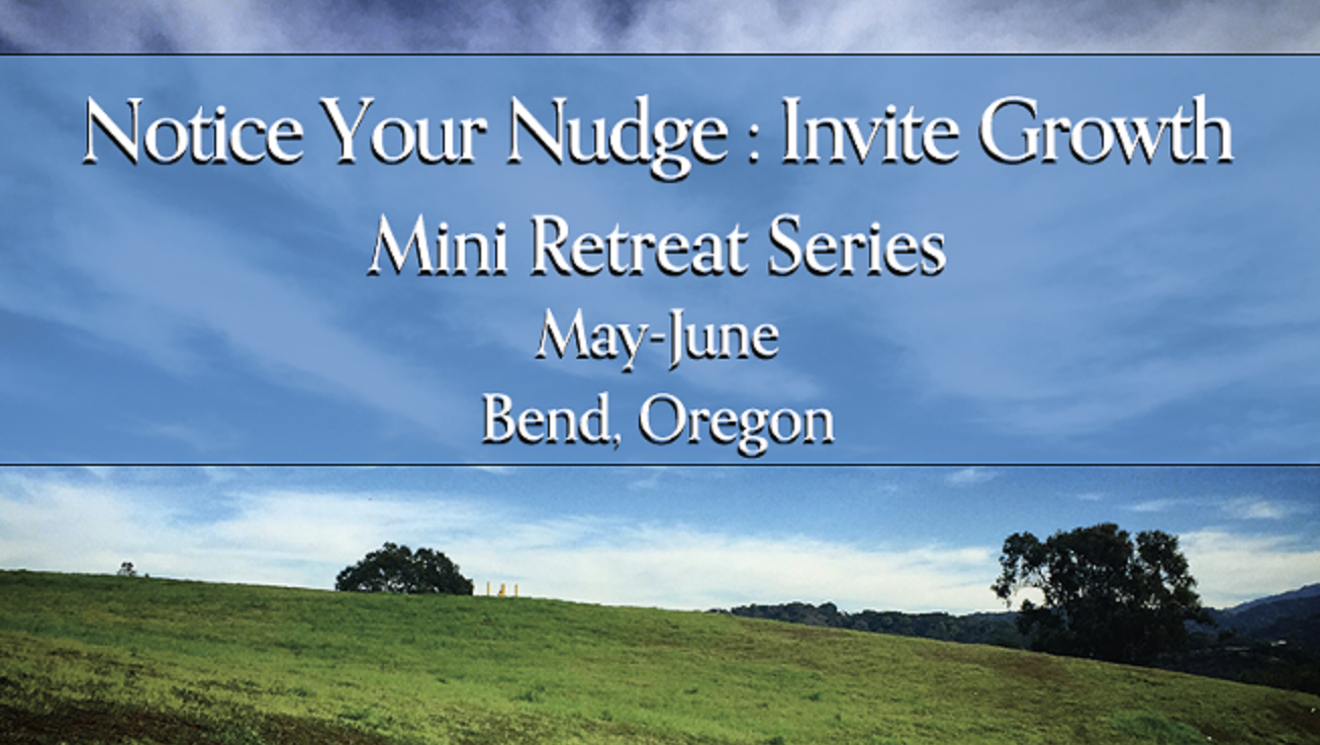Last November, a climber attempting The Wambat Route in Smith Rock State Park lost his hold and fell hard to a ledge below. Luckily for the climber, the Deschutes County Search and Rescue Mountain Rescue Unit was training at Smith Rock that day. They moved into action and immediately initiated the rescue.
"He fell onto a ledge, which is a tricky rescue," said Richard Adler, team member since 2007. "This was the first time we were able to perform a ground-up rescue. It worked perfectly."
Adler is one of 118 volunteers on the Deschutes County Search and Rescue crew who devotes hundreds of hours to training and rescue missions all in the name of keeping Central Oregonians safe.
DCSAR's list of abilities and accomplishments extends further than just the dramatic rescue. The team also performs fire evacuations, evidence collection and crime scene searches, public safety assists and natural disaster relief.
Ranging in age from their early 20s to their late 60s, the volunteers come from all walks of life. Monthly general meetings can find former law enforcement officers discussing trainings with teachers and bankers. What they all share is the desire to help people and a love for the outdoors.
Adler's path to DCSAR started in California.
"I was climbing in Southern California when a guy who was climbing 100 feet above me fell really hard. I assisted in the rescue with a couple of other climbers. I ended up moving to Joshua Tree shortly after and got recruited to join their Search and Rescue team."
Two more factors that bond the team members are the training and time commitment. After completing the intensive, new-member training academy, it is not uncommon for a DCSAR member to donate upwards of a 100 hours per month.
"If you volunteer for SAR, make sure you have the time and effort for training," Adler said. "There are lots of cogs in the wheel to facilitate a rescue."
This importance of training is stressed from day one. All team members are trained in ground -search techniques, and must have a minimum Wilderness First Aid certification to assist the expertly trained medical team.
Specially trained crews include the Mountain Rescue Unit, the Search and Recovery Horse team, the Dive and Swift Water team, and the winter teams, which include highly skilled members trained in alpine and backcountry skiing, snowshoeing and snowmobile or tracked ATV usage.
"We have grown a lot over the last decade," stated Al Hornish, a 12-year veteran of DCSAR. "The nature of missions has changed as well. There are more rescues and less searches, mostly because of the better technology available," said Hornish.
These local heroes have a variety of reasons for doing what they do, but it boils down to helping people.
"I have a strong belief that people need to volunteer. If more people took to volunteering, the world would be a much better place, said Adler.
Hornish said the gratification of a successful rescue is a two-way street.
"I've never experienced anything that comes close to the feeling of being on a team that rescues someone. People call us because they need us. They're not messing around," Hornish said.



















